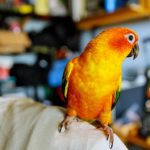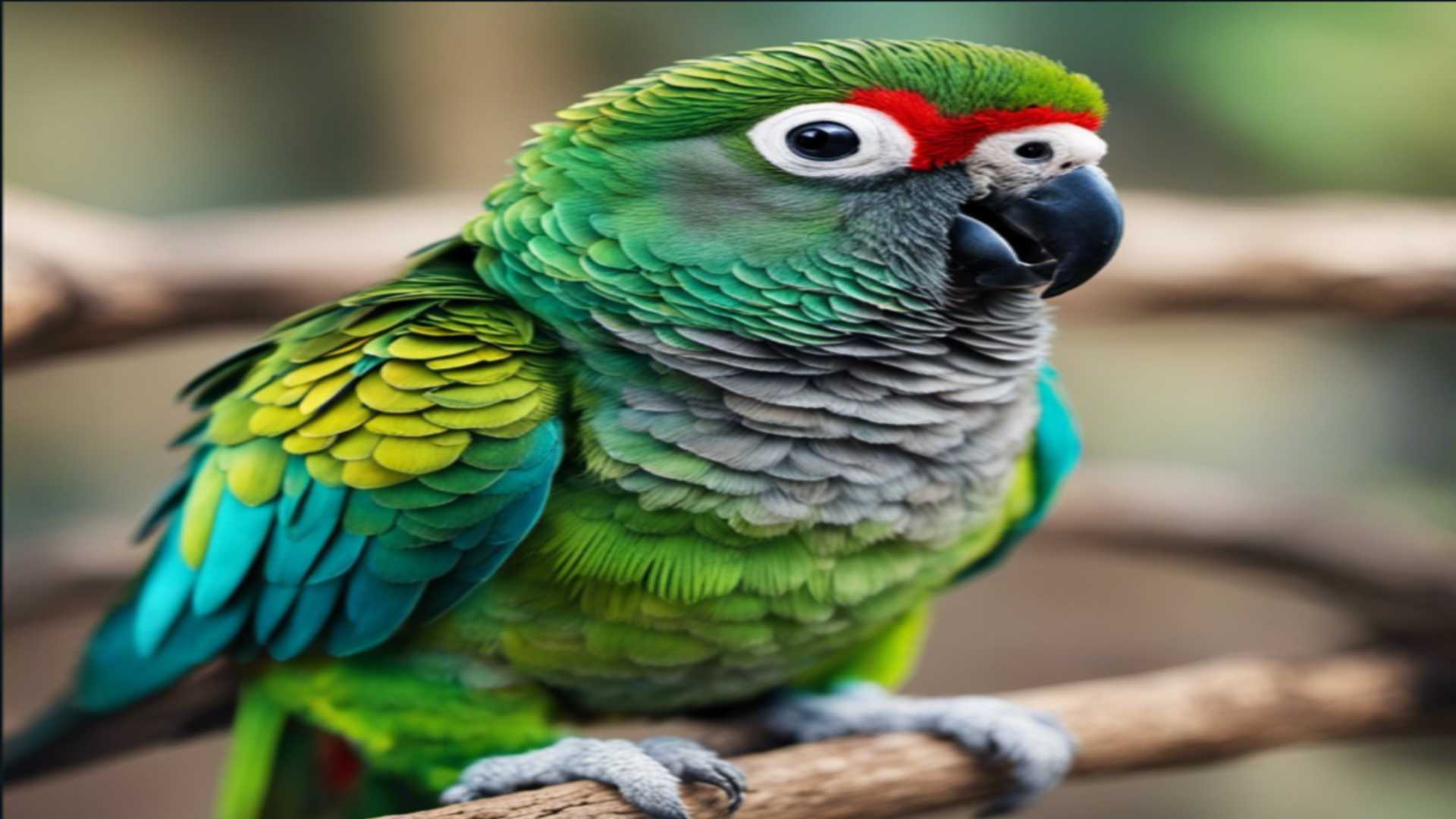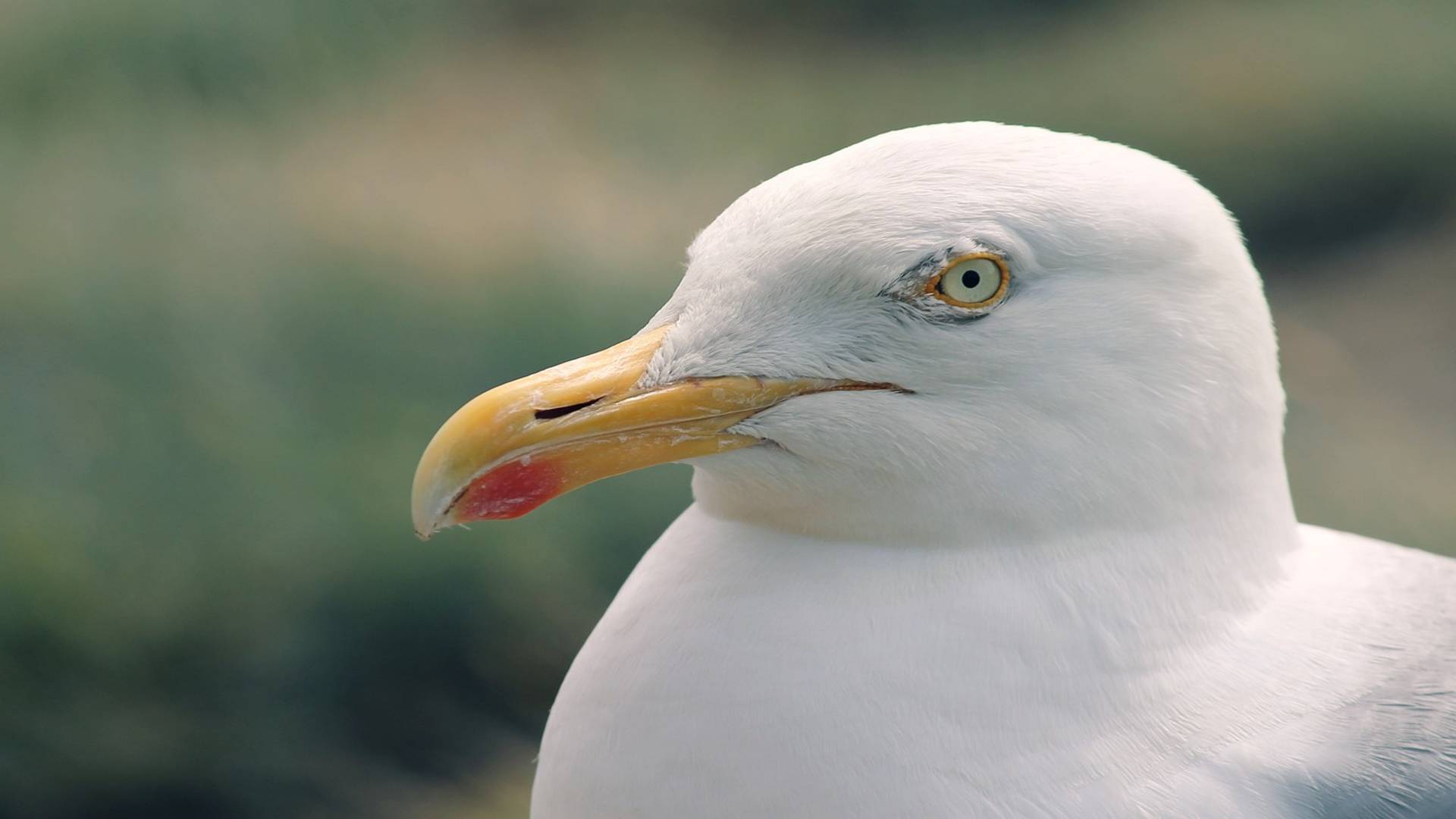Have you ever thought about owning a conure? These friendly birds make great pets and can provide hours of entertainment. Conures are very active and enjoy playing games, so they are perfect for people who love to have a lot of interaction. But did you ever wonder about conure’s chirping noise meanings?
In general, Conures chirp when they are excited or nervous, and they may also make other noises, such as clicking or whistling. Their chirping can also mean that they are trying to get your attention.
So, if you hear your conure chirping, it’s a good idea to check on them and see what they need.
In fact, If you hear your conure chirping, it’s important to figure out what is causing the excitement or anxiety.
Is there a new person in the room? Are they playing with a new toy? Once you determine the cause of the chirping, you can help your conure feel more comfortable.
In this article, we will discuss the different meanings of conure chirping and how you can better understand your feathered friend.
Let’s get going.
Do conures make a lot of noise?
Yes, conures can be quite loud and are known for their screeching and talking. While some people find this noise annoying, others enjoy the sound of their feathered friend.
However, it is important to note that conures can be trained to reduce the noise they make.
Many people who own conures say that their bird’s chirping is one of the things they enjoy most about their pet.
So, considering a conure as a pet, you should know that it can be quite noisy. But with a little training, you should be able to reduce the amount of noise your conure makes.
Also, if you’ve left your conure all day alone, this can cause the chirping too. In short, you’ve missed them!
Check out this recent article where I share with you some tips on what to do if you need to leave your conure at home all day.
Conures chirping reasons
Their chirping can also mean that they are trying to get your attention. So, if you hear your conure chirping, it’s a good idea to check on them and see what they need.
But let’s take a closer look at their chirping reasons.
- Conures chirp when they are excited. Conures are very active birds and love to play. So, if you hear your conure chirping, it’s likely that they are excited about something. Maybe they are playing with a new toy, or they see something interesting outside.
- Conures chirp when they are nervous. Conures may also chirp when they are feeling nervous or scared. If you hear your conure chirping, it’s important to try to figure out what is causing the excitement or anxiety.
- Conures chirp to get your attention. Conures are social birds and enjoy interacting with their owners. So, if you hear your conure chirping, they may be trying to get your attention. Maybe they want to play, or they are hungry.
In general, conures chirp when they are excited or nervous, and they may also make other noises, such as clicking or whistling.
Also, a good rule of thumb is letting your bird spend at least four hours out of its cage daily.
In this recent article, I talked more in detail about how long you should let your bird out of its cage, as well as shared some tips to get your bird back in its cage when it’s time to go.
Click the link to learn more on my site.
Green cheek conure sounds
Green cheek conures are known for a variety of vocalizations, including squawking, talking, and singing. Here’s a breakdown of these specific types of sounds:
Squawking
Squawking is a common sound among green cheek conures and can serve various purposes.
It can be a sign of excitement, distress, or a way to get attention. Squawking can vary in volume and intensity depending on the situation.
For example, a conure may squawk loudly when startled or in fear, or more softly when seeking attention.
Talking
Green cheek conures are not as renowned for their talking ability as some other parrot species, but they can learn to mimic a dozen or so words with time and training.
They may talk or mimic sounds when they are content and happy, often doing so softly to themselves in another room.
Singing
Conures may not sing in the same way that songbirds do, but they can produce melodious and rhythmic sounds that can be described as singing.
These sounds are often expressions of contentment and may be heard when the bird is relaxed or engaging in social interactions with their human companions or other birds.
It’s important to note that the context in which these sounds are made is crucial for understanding their meaning.
For example, a conure may chirp or make happy squeaks when petted, indicating pleasure, while a screaming sound might indicate frustration or a need for attention.
Also, conures can make a “chuck” noise when nervous or anticipating something.
So, what can you do to reduce the noise?
First, you should make sure that your conure has plenty of toys to keep them occupied.
Second, you should let your conure out of its cage for at least four hours every day.
Finally, you should try to figure out what is causing the excitement or anxiety.
If you have tried all the above and your conure is still making noise, then ignore your conure for a day or two.
Pro tip: If you give your conure attention every time they make a noise, they will soon learn that making noise gets them what they want, which is your attention.
This is by far the most powerful method I found to reduce the noise levels of my own Conure, and I have tried all the methods listed above.
However, if you find that your conure’s noise level is still too much for you to handle, then you should consult with an avian vet for more help.
Sun conure happy sounds
One of the happiest sounds your Sun conure can make is a ‘purring’ sound, usually accompanied by fluffed feathers, spread wings, and a bobbing or dancing head.
This sound indicates that your bird is content, happy, and loved. Another sign that your Sun Conure is happy is when you hear them whistle, call out, or just chatter pleasantly.
These cheerful sounds mean that your bird feels secure and comfortable in his environment as he shares his affection with you! Make sure he is given plenty of stimulation, attention, and appropriate toys so he continues to remain happy and healthy.
Green cheek conure happy sounds
Green cheek conures are known for their wide range of happy sounds. When they are content, they make short cheeps, chirrups, and whistles. Green cheek conures also love to sing! They’ll often greet their owners with a sweet, high-pitched whistle.
Green cheeks know how to create a party atmosphere by doing goofy dance moves combined with chortles or tiny hoots as if cheering themselves on. If they’re feeling particularly joyful, they may even launch into a full-on vocal performance of happy whistles and shakes that could rival any pop star!
It’s important to know that green cheek conures make all these noises as a way of expressing their inner emotions and showing affection towards their owners. That’s why it’s so important to pay attention to what your green cheek is telling you!
Why does my conure chirp at night?
Captive conures may also chirp at night as a way to express frustration or boredom. If your conure is chirping at night, it may be helpful to provide it with more toys and perches or to give it more attention during the day.
This, in fact, is a common problem for many captive birds and one that can be solved with a little effort simply by providing your bird with more attention and stimulation.
How do I know if my conure is happy?
As any pet owner knows, it can be tricky to tell if your animal is happy. However, there are a few key signs to look for when it comes to conures. One of the most obvious indicators of a happy conure is playful behavior.
If your bird is regularly climbing, swinging, and exploring its environment, it is likely that it is content and comfortable.
Also, If your bird appears lethargic or seems to have lost its appetite, this may be a sign that it is not happy.
Of course, every bird is different, so it’s important to get to know your own conure’s personality and behavior patterns.
By paying close attention to your bird, you will be able to tell if it is happy, and you can make changes to its environment or routine if needed.
Why do conures scream?
Conures scream as a form of communication to express themselves. They may do so out of excitement, fear, frustration, or to get attention. Understanding the context and body language accompanying the scream can help determine why a conure is vocalizing in such a way.
What does it mean when a conure purrs?
While we typically think of purring as a sound made by cats, some birds also purr when they are content.
That’s because conures are social birds that enjoy being around people. They are known for their playful personalities and their ability to mimic human speech.
But one of the most intriguing sounds a conure can make is a purr. In fact, conures often purr when they are being petted or snuggled, and it is thought to be a way of showing affection.
So, if your conure starts purring, it’s a good sign that he or she is happy and relaxed in your company.
Summary
Before we move on to the conclusion, we’ve summarized this article into a short list of key points for you to remember:
- Green cheek conures make noises as a way of expressing their inner emotions and showing affection towards their owners.
- Conures may chirp at night as a way to express frustration or boredom.
- Signs of a happy conure include playful behavior, climbing, swinging, and exploring its environment.
- Conures squawk to communicate with each other or to get attention.
Conclusion
In this article, we’ve discussed the sounds and meanings of conures. We’ve discussed why they squawk, what it means when they purr, and how to tell if your conure is happy. By understanding these behaviors, you can create a stronger bond with your bird and provide it with the best possible care.
Want to learn more about conures?
Ready to boost your knowledge to the next level? If so, check out the articles below:
- Do Conures Bite? (Here’s What to Do)
- Are Conures Smart? If so, How Smart Are They?
- Are Sun Conures Loud? ( How to handle a Noisy Conure)





